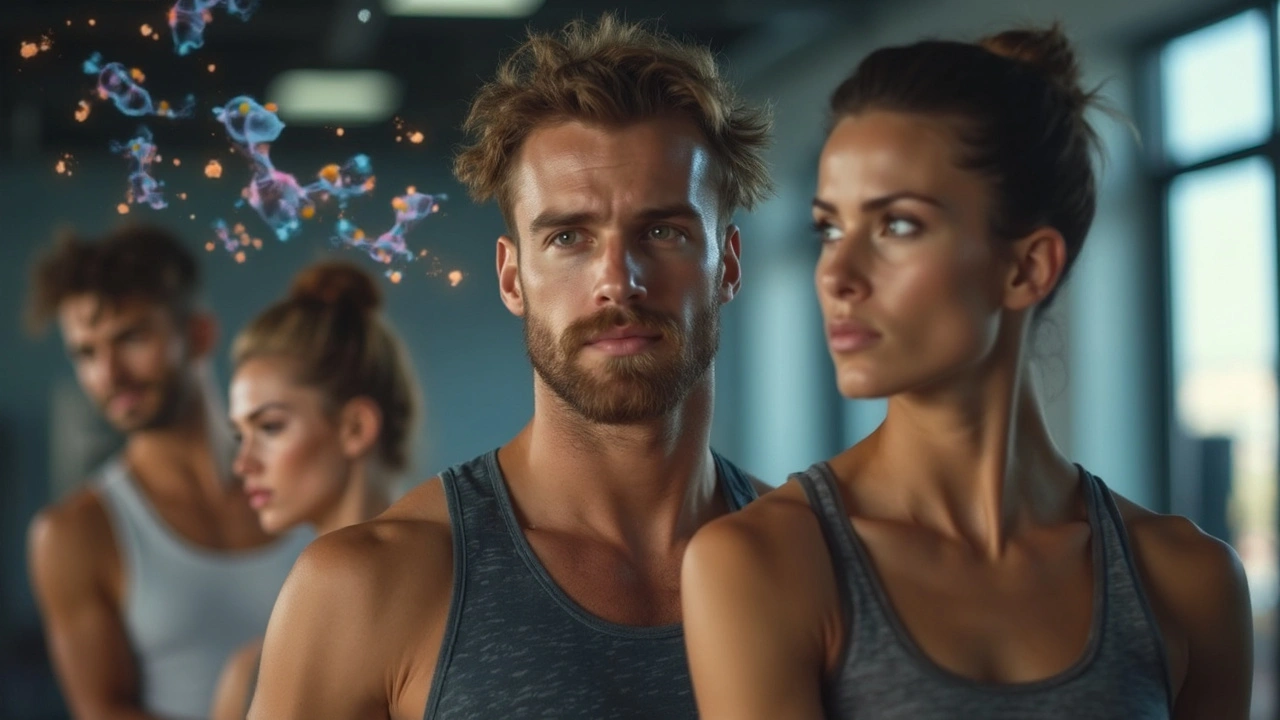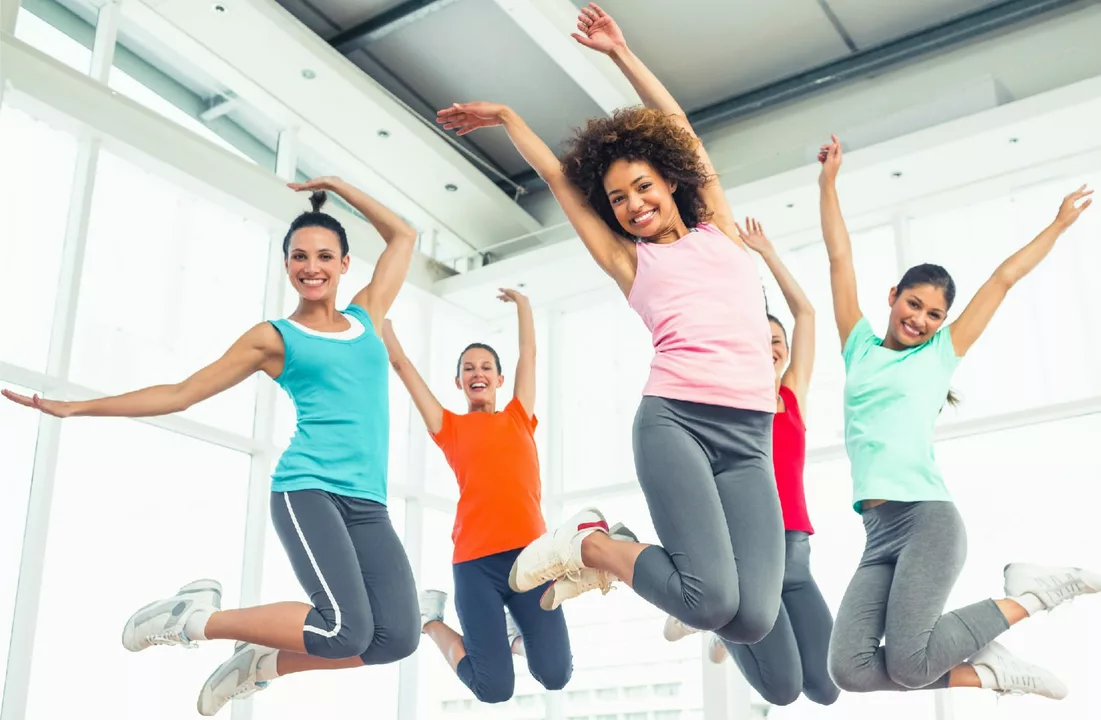Fitness, Hormones, and What Athletes Should Watch For
Training changes your body in more ways than muscle size and endurance. It shifts hormones. That can be great — and sometimes it causes annoying side effects like hair thinning or altered mood. If you train hard, knowing how exercise affects hormones helps you protect performance and health without giving up gains.
How intense training affects hormones and DHT
Short, heavy workouts spike testosterone. That’s useful for strength, but testosterone can convert to dihydrotestosterone (DHT) via the 5-alpha reductase enzyme. DHT is more potent at binding androgen receptors in hair follicles. People with sensitive androgen receptor genes can see hair miniaturize faster when DHT is higher. So if you’re lifting heavy most days and notice receding hairlines, hormones might be part of the picture.
You don’t need to stop training. Instead, manage volume and recovery: add more low-intensity cardio or mobility days, keep weekly heavy sessions to a few focused workouts, and avoid chronic overreaching. Sleep, consistent calories, and proper carbs around workouts blunt excessive cortisol and support hormone balance.
Practical steps to limit hair loss while staying fit
First, get clarity. If hair loss worries you, see a dermatologist or endocrinologist for a quick check — they can test testosterone, DHT proxies, and rule out other causes. For athletes who want practical moves now:
- Reduce daily stress on the body: periodize training, take planned rest weeks, and track subjective fatigue.
- Optimize nutrition: enough protein, iron, zinc, and vitamin D matter for hair and recovery.
- Consider topical treatments: minoxidil can slow hair thinning for many people; talk with a doctor about options.
- Be cautious with supplements: a small study linked creatine supplementation to higher DHT in college athletes, so weigh benefits vs concerns if hair is a priority.
For genetic sensitivity, medical options like 5-alpha reductase inhibitors (for example, finasteride) work for many but require a medical consult because of side effects and long-term commitment.
Now about hyperprolactinaemia: elevated prolactin can cause low libido, irregular periods, or fatigue. Exercise helps here too. Regular aerobic sessions and mind-body practices such as yoga reduce stress and support dopamine pathways that naturally keep prolactin in check. If prolactin stays high, a doctor can run imaging and prescribe targeted treatment; don’t try to self-treat with unproven supplements.
Bottom line: training and hormones interact, but you can keep training and protect your health. Listen to your body, balance intensity with recovery, get basic bloodwork if symptoms appear, and talk to specialists about targeted solutions. Want a quick plan for recovery days or a checklist for blood tests athletes should request? I can write one for you.

Androgen Receptor Gene Variants: Why Athletes Experience Early Hair Loss
This article explores why some athletes lose hair faster, focusing on androgen receptor genetic polymorphisms. It provides little-known facts about how genetics impact hair loss, dives into the science behind androgenic alopecia, and shares tailored prevention tips. Readers will also learn about cutting-edge research and practical solutions. Special attention is given to the latest data and actionable strategies for athletes seeking to slow or prevent hair loss.
view more
High-Intensity Training, DHT, and Hormonal Shifts: How Weightlifting and Endurance Sports Shape Your Body
Diving deep into the connection between high-intensity training, DHT levels, and hormonal changes, this guide uncovers how weightlifting and endurance sports impact your hormones. Find out what actually happens inside your body during these workouts, why DHT matters, and the practical tips to balance fitness gains with your health. Whether you're a hardcore lifter or a long-distance runner, these insights make sense of the science in everyday terms. Discover surprising links to hair loss and solutions for athletes. Skip the jargon—get the facts that make a difference.
view more
Hyperprolactinaemia and Exercise: The Benefits of Physical Activity
In my latest blog post, I explored the topic of Hyperprolactinaemia and its relationship with exercise. Through my research, I discovered that engaging in regular physical activity can significantly help in managing the symptoms of this hormonal imbalance. Exercise not only aids in reducing prolactin levels but also improves overall mental and physical well-being. Plus, incorporating activities like yoga and meditation can further alleviate stress, which is a common trigger for Hyperprolactinaemia. So, don't forget to stay active and make exercise a part of your daily routine for a healthier, happier life!
view more




